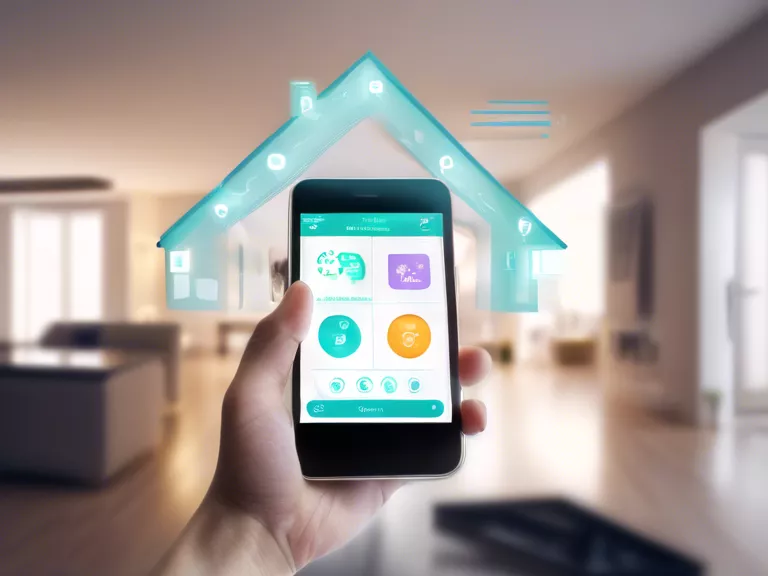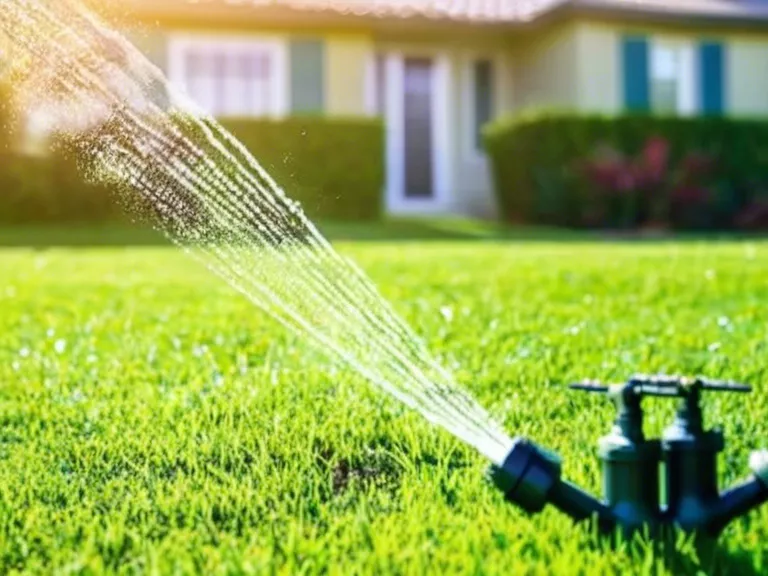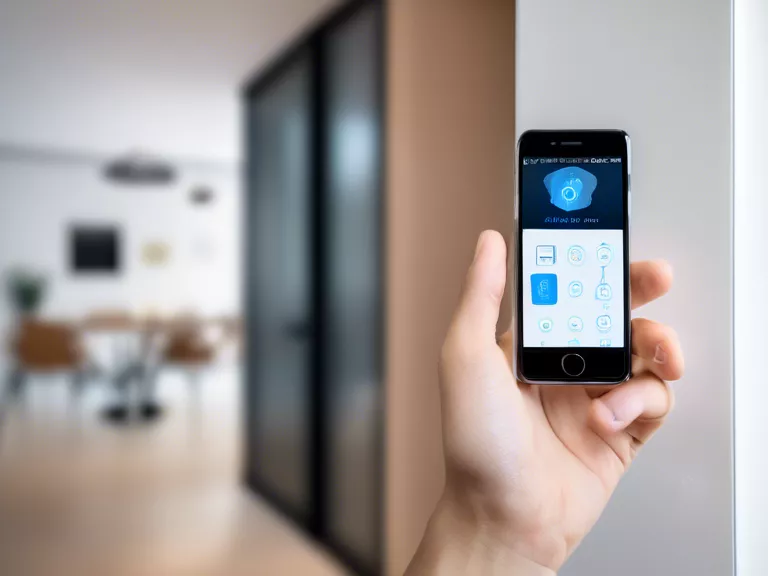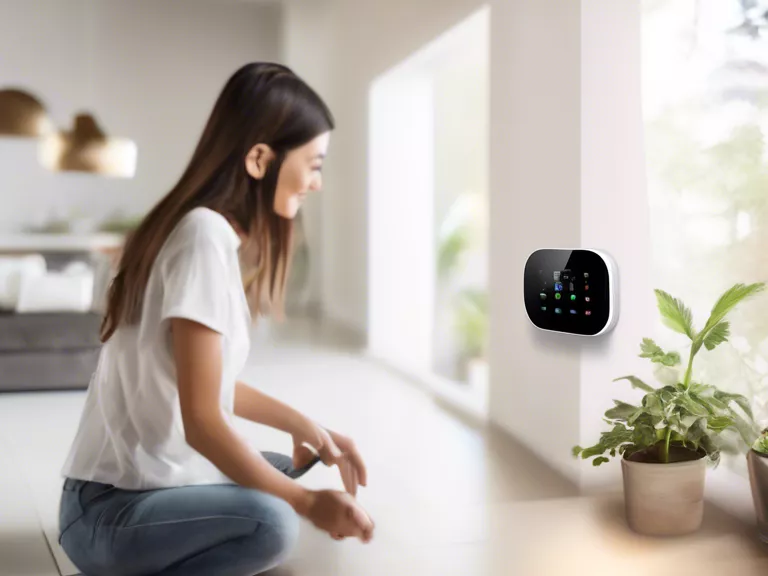
With the rise of smart home technology, homeowners are experiencing various benefits such as increased convenience, energy efficiency, and security. However, the adoption of smart devices in the home also impacts home insurance policies in several ways. From potential discounts to privacy concerns, understanding the relationship between smart home technology and insurance is essential for homeowners.
One of the key benefits of smart home technology is the potential for insurance discounts. Many insurance companies offer discounts for homeowners who install smart devices such as security cameras, smoke detectors, and water leak detectors. These devices can help prevent damage to the home and reduce the risk of insurance claims, making homeowners less of a liability to insurance companies. By investing in smart home technology, homeowners may not only enhance their safety and convenience but also save money on their insurance premiums.
However, the use of smart devices in the home also raises concerns about privacy and data security. Smart devices collect a vast amount of data on homeowners' habits and behaviors, which could potentially be accessed or exploited by cybercriminals. This raises questions about who has access to this data and how it is being used, leading to concerns about privacy breaches and identity theft. Insurance companies are also interested in this data as it can help them assess risk more accurately, but homeowners must be vigilant about protecting their personal information.
Overall, the impact of smart home technology on home insurance policies is a complex and evolving issue. While homeowners can benefit from discounts and increased security, they must also be aware of the potential risks and take steps to protect their data and privacy. As smart devices become more integrated into our homes, it is important for homeowners to stay informed about how these devices affect their insurance coverage and to make informed decisions about which devices to install.



